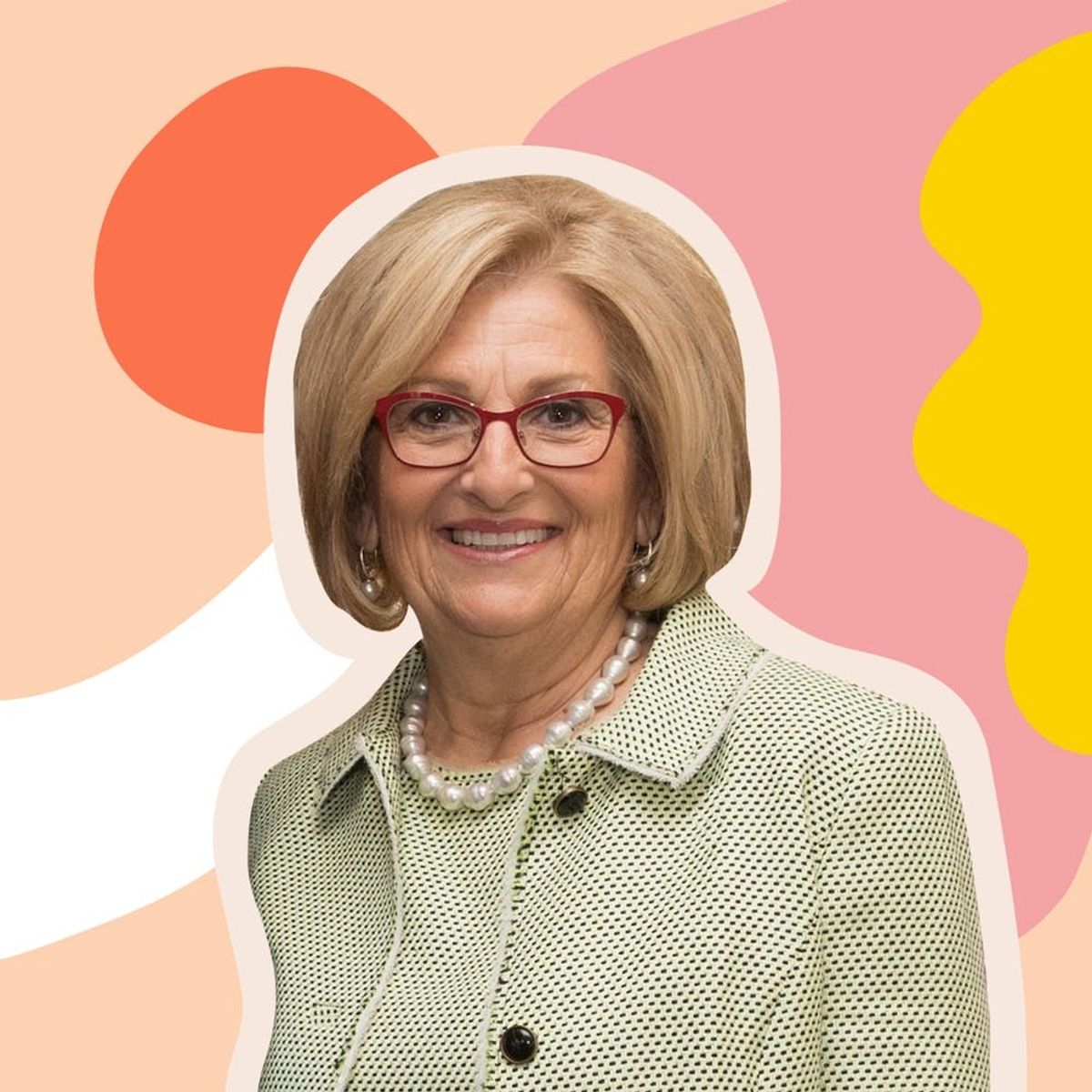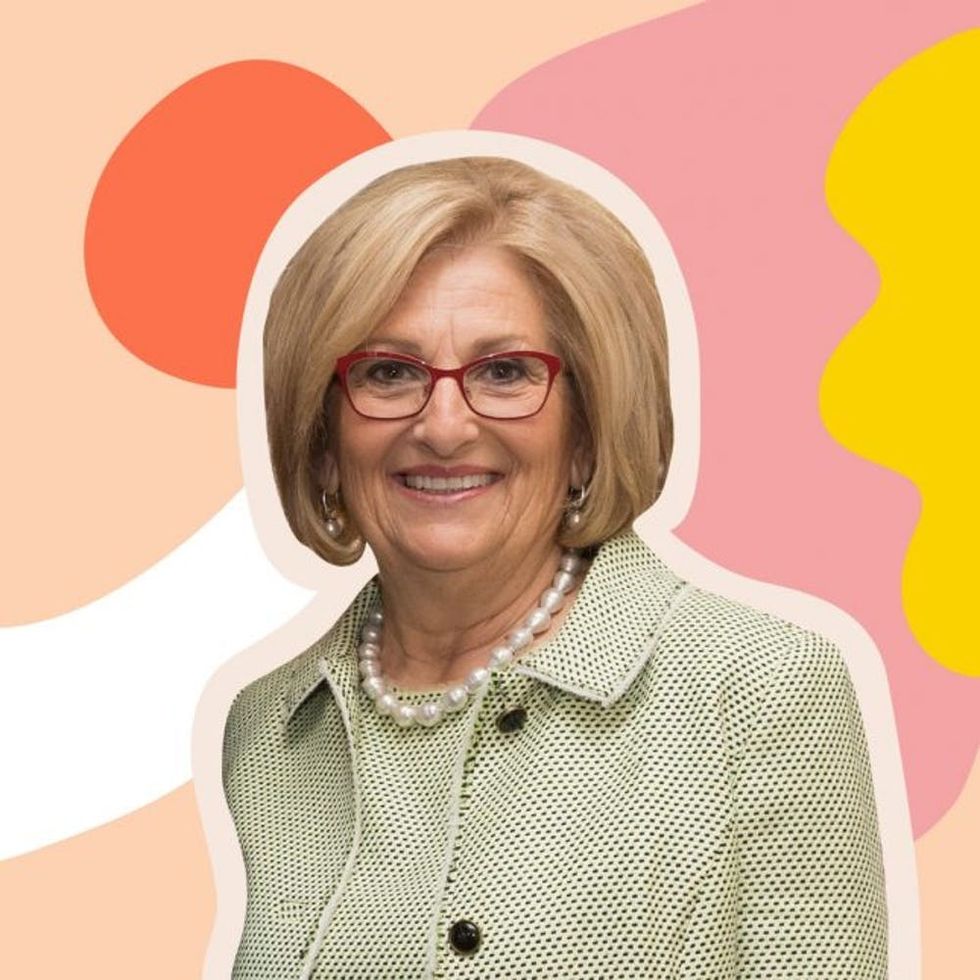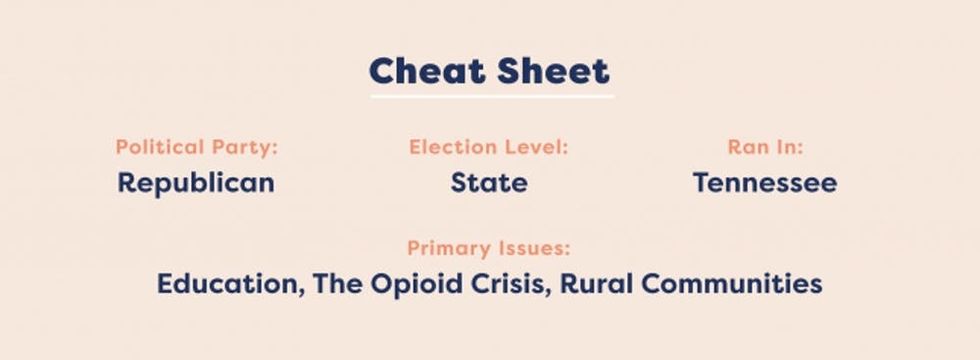How a Career in Nursing Led This Single Mom to Elected Office


Women Who Run highlights female political candidates on both sides of the aisle who are poised to change the face of local, state, and federal government.
When Diane Black was a teen in 1960s Tennessee, her parents told her they couldn’t afford to send her to college. Instead, they advised her to simply get married and start having babies. But Black envisioned a different path for herself. With the support of a high school guidance counselor, she became the first in her family to attend college and eventually became a nurse. Her years as a single working mother paved the way for her role in politics, first at the state level, and then federally.
Black was elected into the Tennessee House of Representatives in the late 1990s, then into the Tennessee Senate in 2004. In 2010, she ran a successful bid to serve Tennessee’s 6th District in the US House of Representatives. In 2017, Black became the first woman to chair the National Budget Committee. From there, she set her sights on a new political challenge: a run for governor.

“I am a registered nurse and have been now for more than 45 years,” Black told us in the days leading up to her state’s gubernatorial primary election. “I still keep my license today, and it is actually my experience in medicine that got me involved in public policy to begin with.
Though Black wound up losing the primary to businessman Bill Lee, the 67-year-old congressman (and yes, that’s the term she prefers) continues to represent her state’s district in the US House. And, in a midterms season that boasts unprecedented numbers of first-time women candidates, Black’s path to elected office might just have a lesson or two to offer.
Brit + Co: What inspired your initial run for office back in the ‘90s?
Diane Black: I’m just a problem solver. Most nurses are problem solvers. We look at problems and we’re taught very early in our careers that you always go back to a root cause and say, ‘What is it that has caused that problem to be so?’ Whether it is somebody that’s got diabetes and I can help them be healthy, or in politics in what I do in public policy every day is that I take an issue such as education and I say what are we missing, let’s go back and look at the root cause.
So, I’m a problem solver, and I actually like to find a problem that I can solve. And that’s really what I see myself doing throughout my career: Being the person at the table to lead us through this process.

B+C: What would you name as your biggest campaign struggle?
Black: One of the hardest things you will do in your life is run a campaign, because you’re so misrepresented [in opponents’ campaign ads]. I always encourage people, when they see a commercial, ‘Don’t always believe the commercial, look a little deeper and find out [if] what is being said [is true].’ We spend a lot of time just helping people understand that [campaign ads] aren’t the full truth. So for example, you’ll get an interview where your words will be cut. They’ll cut out the words that make the whole interview make sense.
I’m not whining about that, but I find that it’s hard. It’s hard on your family. It’s very hard for family members to hear things said about their loved ones that you know are not true. Sometimes your feelings even get hurt. People who [have known] you for a long time will come to you and say, ‘I didn’t know you were that.’ You’ve gotta have a thick skin to run for office.
B+C: What do you see as your state’s key issues to be dealt with?
Black: There are several items that are really important for our state. Number one is opioids and how do we deal with that? It’s a scourge on our society; we’re losing human capital, people are losing their family members.
The second one is rural areas: I love rural Tennessee. 50 percent of our state is rural. We want to keep it rural. It’s part of our culture.
And the education issue. We’re doing a good job of helping people understand how they can get to college, but not everybody is college-bound. We need people who know how to work with their heads and their hands [who have] technical skills.
We have put out a mantra that if you don’t get a college education, you’re not going to be successful, but that is not true at all. Someone who is a welder can graduate from a TCAT program and they’re making $50 to 60,000 dollars right out of school. That’s a pretty good income. You can get out of four years of college and not make that.
(Photo via Diane Black. Design by Marisa Kumtong/Brit + Co)


















